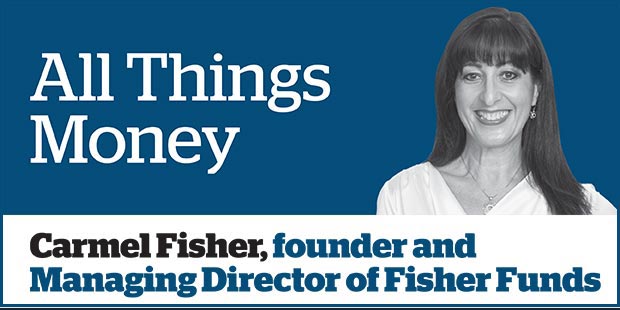Like most investment professionals, I have spent most of my career maligning cash - believing it is a bad investment, the sort of "I am bereft of ideas so I'll park it here" asset that nobody should hold much of, and certainly not for very long.
While individual investors often think cash is king, few investment professionals agree; guru Warren Buffett went as far as describing cash as a bad investment. As interest rates have plummeted in recent years, with some cash deposits earning absolutely nothing, we cash critics have felt vindicated.
But I'm starting to wonder if I have been too harsh and should re-think my relationship with cash. I admit there have been moments - usually following a bad investment decision - when I have looked fondly at cash, thinking, 'I wish I had taken you more seriously'.
The negatives are fairly obvious. Cash is the lowest returning asset largely because it is considered the lowest risk. Cash currently returns next to nothing and, when you factor in inflation, it can actually cost you to leave your funds in cash. The more cash in your portfolio and the longer you leave it there, the less your portfolio may be worth compared to one with non-cash assets.
A US study showed that between 1926 and 2012, after adjusting for tax and inflation, cash and money markets lost 0.8 per cent per year, while bonds gained 0.6 per cent per year and shares gained 4.5 per cent per year. While the difference may seem immaterial, over a long period of time small differences can result in a significant difference in total return and be detrimental to your wealth.
Based on these implications over a long time horizon, cash is not as risk-free as most assume. Other assets such as bonds and shares can be 'safer' over the long term as a means of preserving value and purchasing power.
But cash has some good qualities when used appropriately.
It can dampen volatility. In a scenario where shares fell in value by, say, 50 per cent a portfolio invested 100 per cent in shares would halve whereas a portfolio that had 50 per cent in shares and 50 per cent in cash would only fall by 25 per cent.
It can provide liquidity. There is nothing worse than being unable to access money when you need it. While there might be plenty of alternatives if you need cash in a hurry - like a credit card or revolving credit or a bank loan - your need for cash (say in periods of uncertainty or fear) can coincide with other people feeling the same way. Trying to access liquidity during periods of financial pressure can prove challenging since these are the very times when banks might be reluctant to provide it.
It can allow you to be opportunistic. When asset prices fall to bargain basement levels, having a bit of a cash hoard can allow you to take advantage. Those sensible (and brave) enough to put their cash to work in the depths of the global financial crisis have reaped enormous rewards since.
It can help with income planning and allow for a good night's sleep. By setting aside enough cash to fund say three, six or 12 months' of living expenses, you can have certainty and will not be forced to sell other assets or worry about bills.
As with anything, moderation seems to be the key when it comes to cash. Buffett summarises it nicely: "We always keep enough cash around so I feel very comfortable and don't worry about sleeping at night. It's not because I like cash as an investment. But you always want to have enough so that nobody else can determine your future, essentially."
Just don't feel more fondness for cash than it deserves and don't let the cash stash build up too much.

